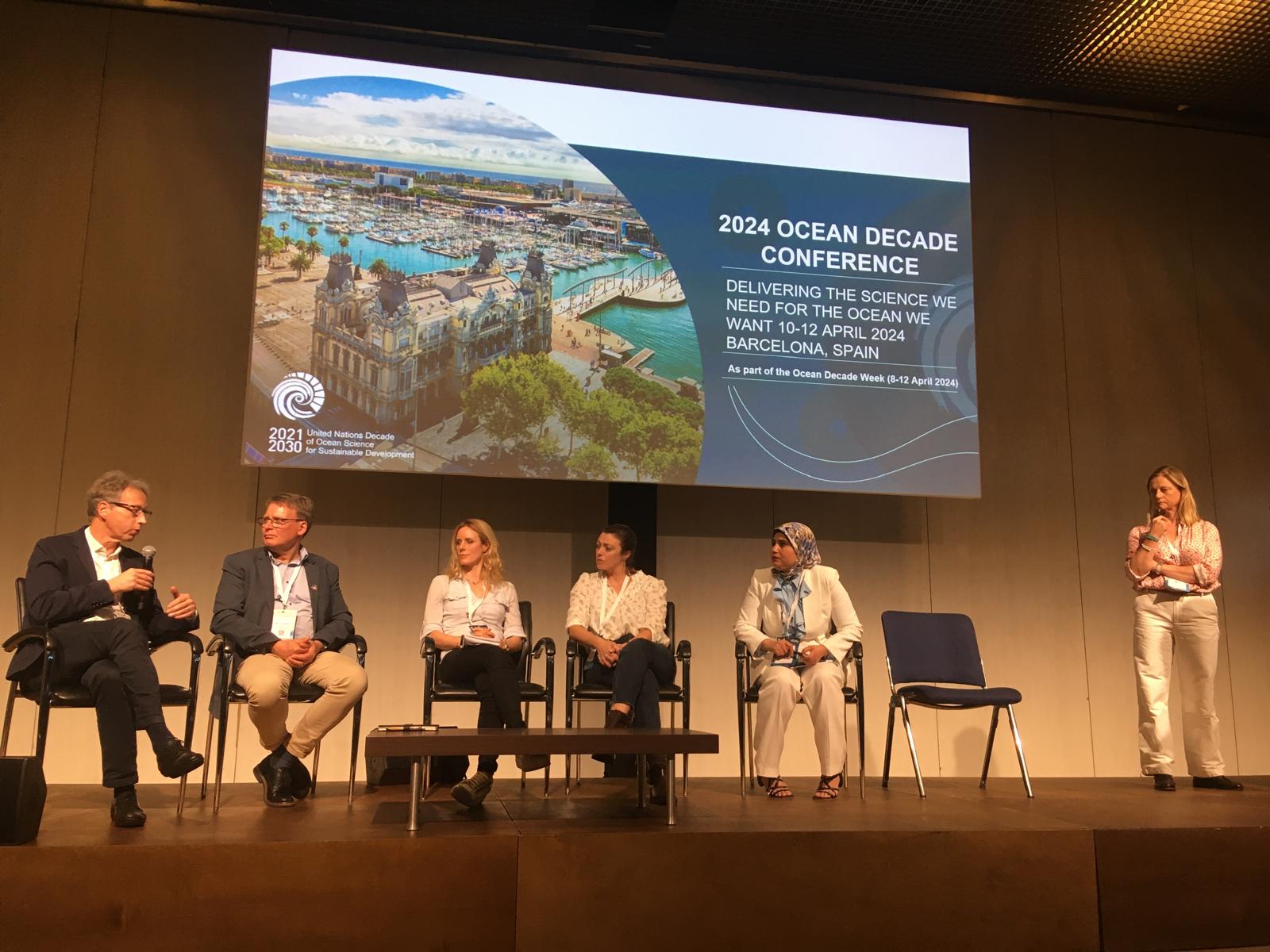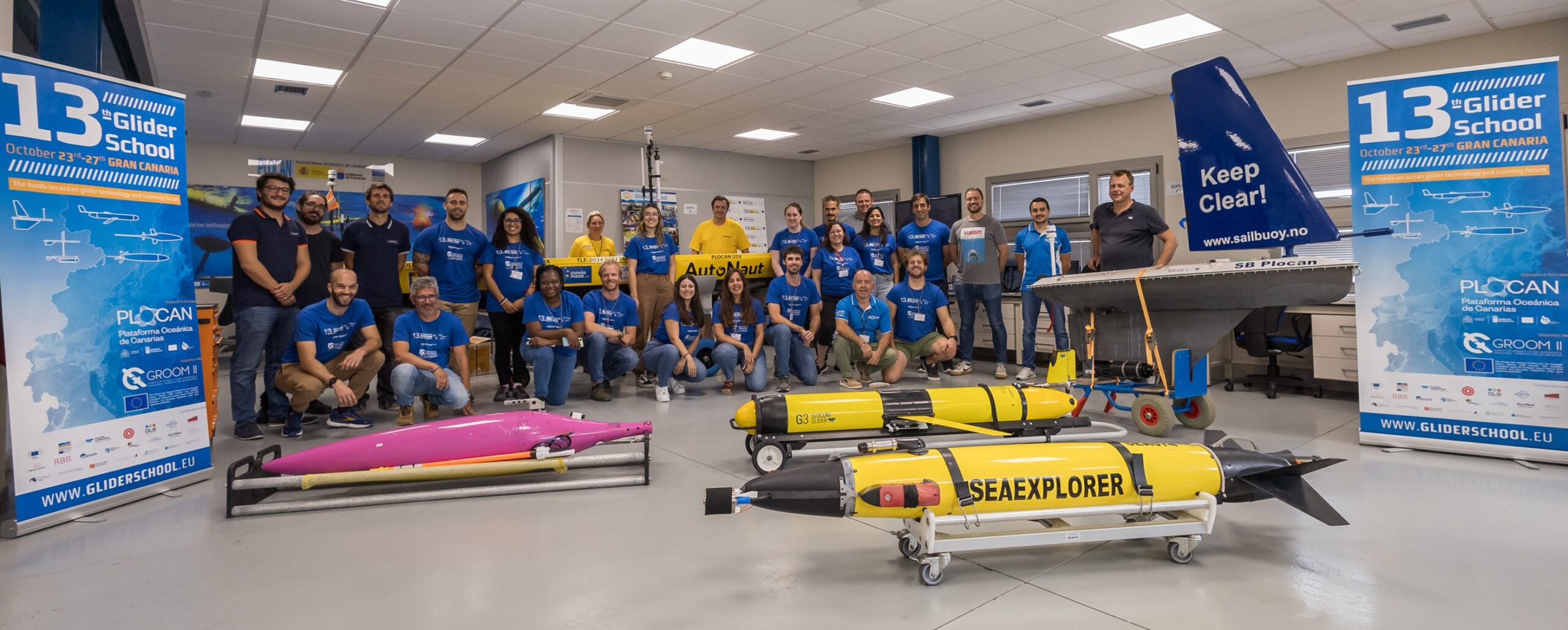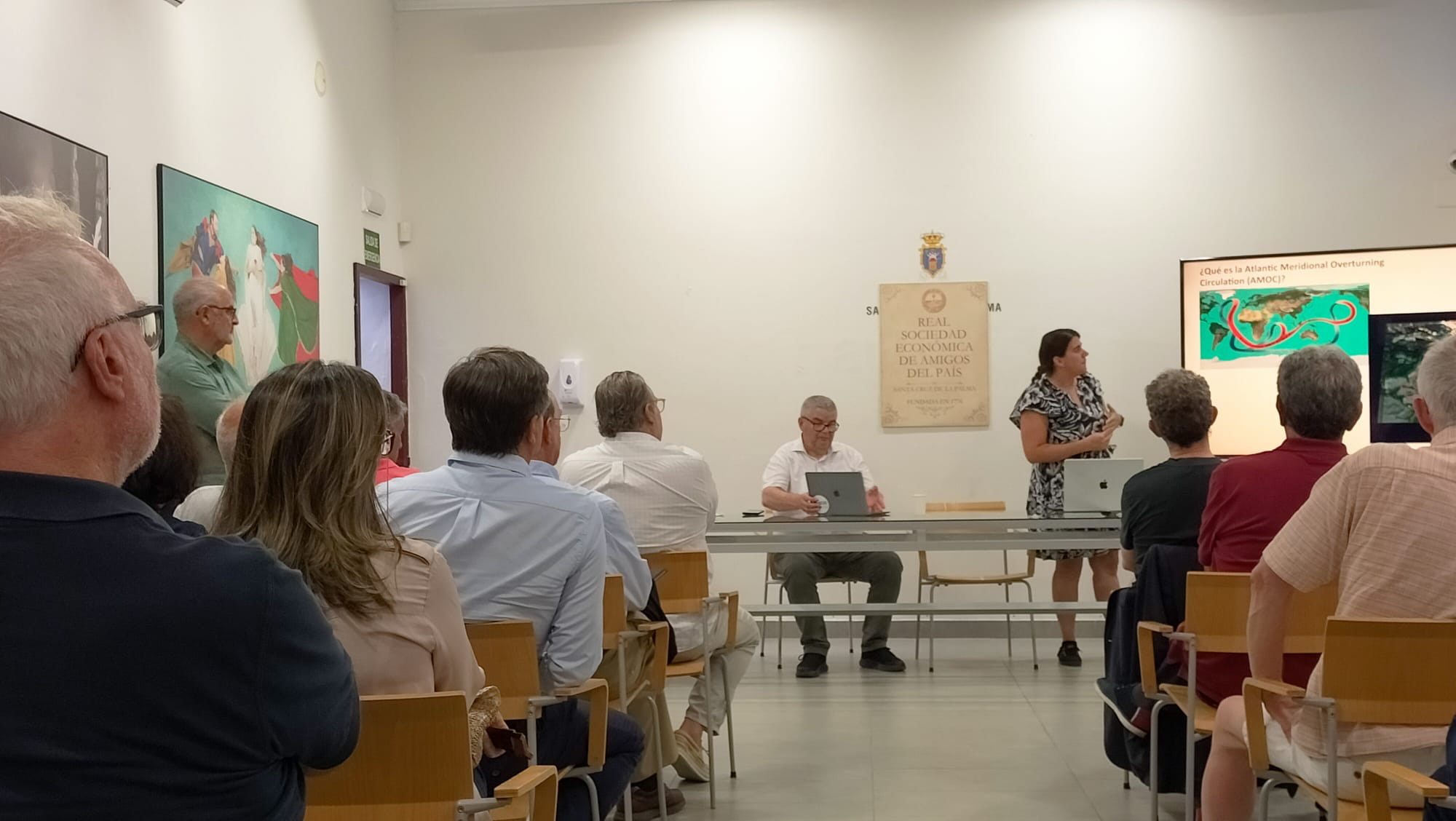The French Research Institute for Exploitation of the Sea (IFREMER) has presented the One Ocean Network for Deep Observation, which is an action endorsed by the United Nations in the framework of the Decade of Ocean Science for Sustainable Development, during the EMSO Time Series Conference “Observing Ocean Sound” celebrated at the Oceanic Platform of the Canary Islands (PLOCAN).
This action, which is led by the French Research Institute for Exploitation of the Sea (IFREMER) with the support of the European Multidisciplinary Seafloor and Water Column Observatory (EMSO-ERIC), the Japan Agency for Marine-Earth Science and Technology (JAMSTEC) and Ocean Network Canada (ONC) as key partners, proposes a step-change in deep-sea science through connecting inter-/multi-disciplinary observatories and surveying technologies at various sites in the global ocean.
The coordination among observatories will contribute to integrating knowledge on deep-sea ecosystems functioning under global changes, to advancing hazard mitigation from natural hazards and to engaging citizens with the deep ocean that faces a growing pressure from human activities.
The deep ocean remains the last unexplored frontier of our planet. A place that holds secrets about the origin of life and could provide ecosystem goods and services for the sustainable development of humankind. On the other hand, serious threats to coastal communities and infrastructures from earthquakes and tsunamis are often associated with the volcanism occurred on the seafloor.
High-tech devices and expertise from multiple scientific areas are necessary to further our understanding of how to solve these coast-abyss interactive threats.
The priority activities for the first two years are the coordination among multi-national & large-scale observatory projects and initiatives; the co-design workshops in Mayotte and New Caledonia; and to foster cooperation with industry and business.



